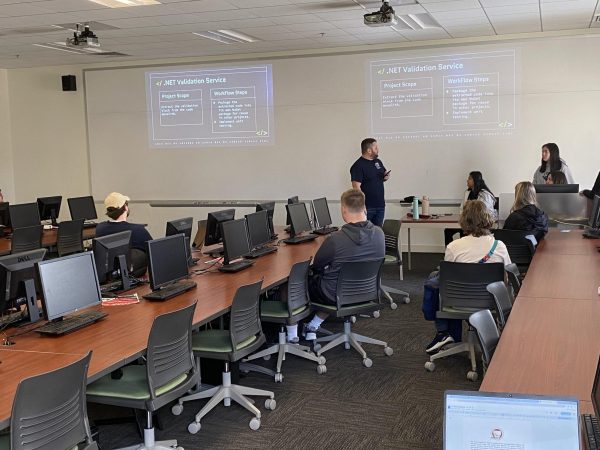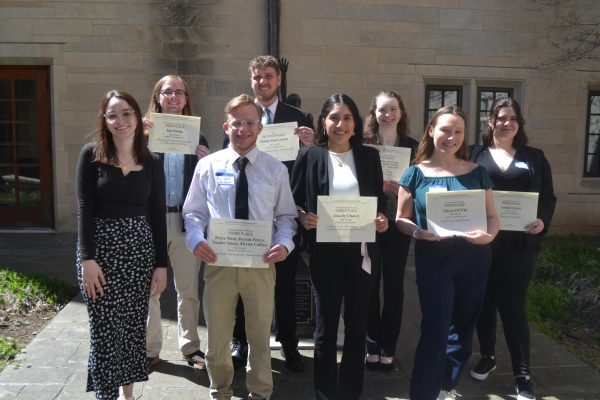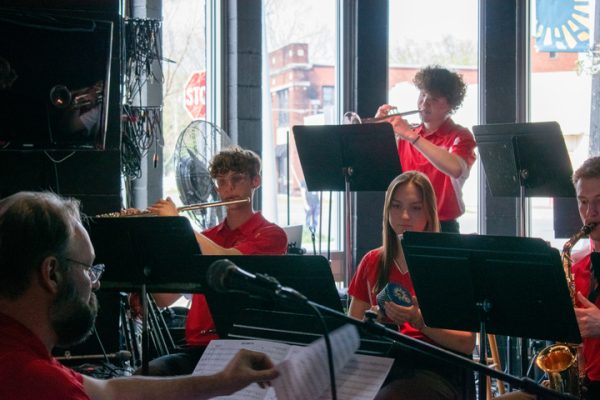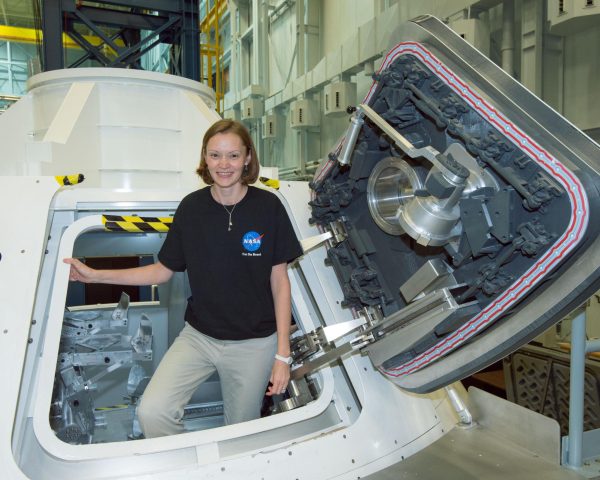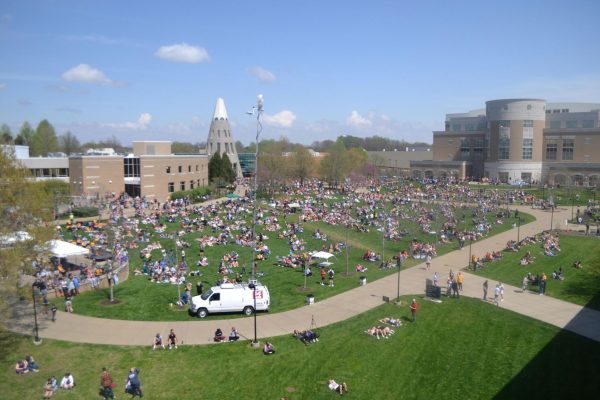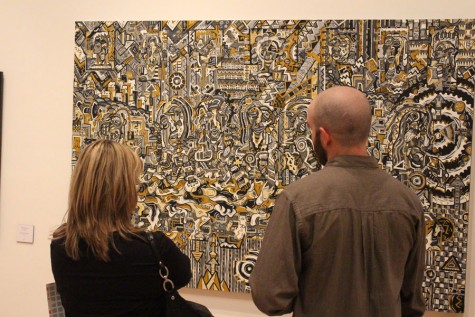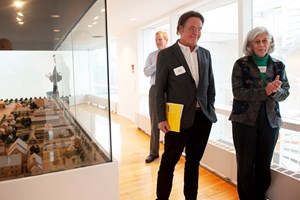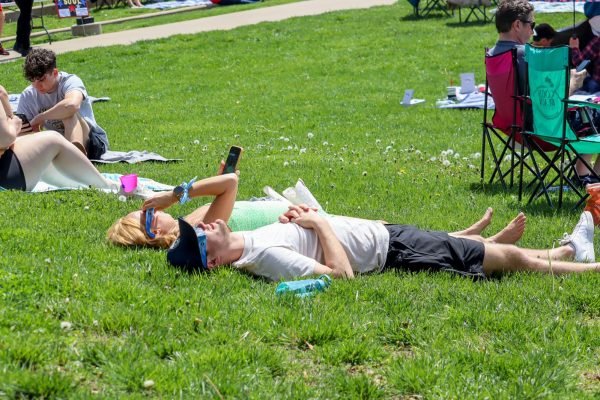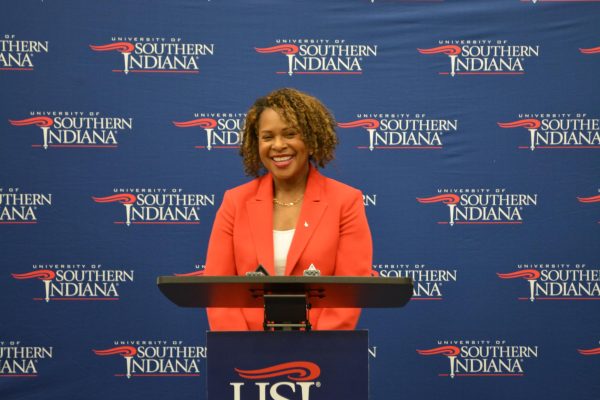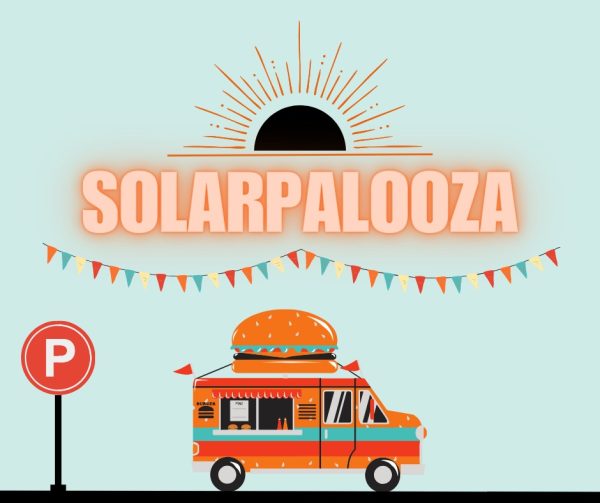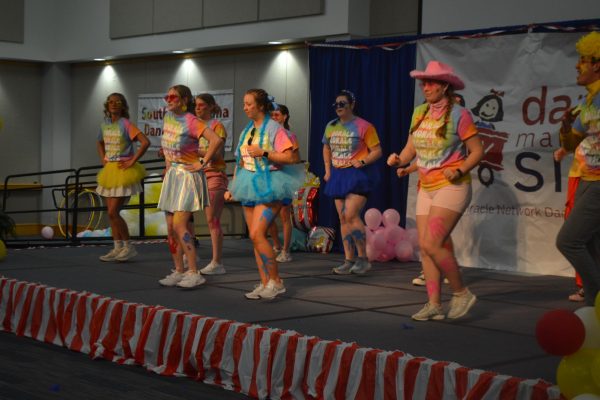Is parking really a problem?
A look at parking regulations and the appeals process
Parking tickets distributed by public safety officers can be a hassle.
The citations also come with a chance for students to submit an appeal through EagleSync via the myUSI portal if they believe their ticket was unjustified.
The appeals are taken to the University Court, made up of the Chief Justice and four associate justices from SGA.
“Most of the time people get an appeal is because the Public Safety officer just kind of made a mistake or looked over something, which is just a human thing to do,” SGA Chief Justice Keegan Roembke said.
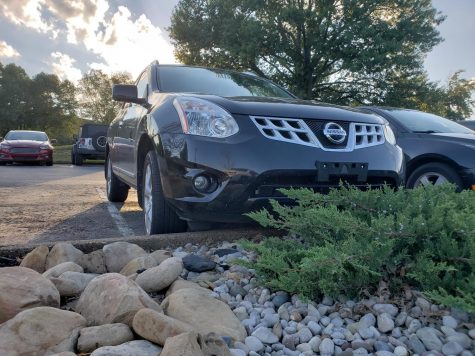
Citations also come with a chance for students to submit an appeal through EagleSync via the myUSI portal if they believe their ticket was unjustified.
Those who file an appeal must do so under the reasoning that either they shouldn’t have gotten the ticket or there were circumstances out of their control that forced them to get the ticket.
They must provide a picture of the ticket and any evidence that pertains to it such as a picture of a parking spot or a parking tag or a decal. Students also have to provide an explanation of why it should be appealed.
“Some of the common misconceptions around this are somehow Student Government is giving the ticket or that the appeal is going through Public Safety, but it’s very separate,” Roembke said. “We don’t even know if someone got a ticket unless they try to appeal it.”
The university court meets every Friday to hear appeals. Roembke said the court heard nearly 60 appeals in its first two meetings. He said there were existing appeals from April and May because the court was not in session at the time.
Roembke said the court hears anywhere between five and 10 appeals in a normal week.
Appeals must be submitted within 10 days of receiving the citation.
The first ticket is $10 and every subsequent one is $40. Illegally parking in a handicap spot is $50 and cannot be appealed. Money acquired from the fines goes into the university’s general fund.
“The point of the university court is to hear students’ appeals,” Roembke said. “It is supposed to be able to give a chance for student to tell their side of the story.”
He said the court takes into consideration precedent and applicable evidence when hearing citation appeals.
“A lot of times if a freshman on the first day of class backs into a parking spot and has a decal and you know they have a decal and they got a ticket for it, we understand that you didn’t know,” Roembke said.
He said normally, a little less than half of the appeals will get approved.
“When I was a freshman, I know the court was appealing around 80% and the Public Safety Director at the time told the court directly that they needed to not appeal as much. But that’s also a part of providing a rationale for everything,” Roembke said.
He said all appeals are final.
Students are immediately notified through EagleSync if their appeal is denied or accepted. Roembke said he brings all of the tickets to Public Safety and that’s when it is taken off their account.
Since the online application was created in 2016, 59% of appeals have been denied and 41% approved.
“Sometimes it’s frustrating when you can be late to class and drive around campus for 10 minutes looking for a parking spot but a lot of complaints I have heard is from students living on campus and that I don’t understand because we have a shuttle and it is easily walkable,” Roembke said. “I think as the university grows, there will be more parking added and I think if students know about other parking lots, it will be more beneficial.”
Public Safety currently employs one full-time and one part-time parking officer as well as five student officers.
“Usually (students will say) there is not enough, which is not actually the case,” Staff Sergeant Brian McWilliams said.
There are 4,826 parking spots on campus, including the spots currently being taken up by construction equipment. McWilliams said there are around 2,000 registered vehicles on campus.
“Lots K and L for instance, rarely are there any cars parked back there and we have signs posted that if you call, we will go there and pick them up and give them a ride to campus,” he said. “People will drive around the closer lots looking for a parking space rather than walk five minutes to campus.”
There are 12 general parking lots and two pay lots along with resident student parking.
“As Dr. H. Ray Hoops, the former president, used to say, ‘USI does not have a parking problem, it has a walking problem,’” he said. “People will park illegally because they don’t want to walk and rack up hundreds of dollars in parking fines a semester rather than walk a little further or ride the bus.”
3 buses run on campus in the winter months from October to March.
Phase II of the university’s 10-year master plan calls for the construction of a parking garage in parking lot C. If that is to occur, McWilliams said he is unsure of how it would be handled by Public Safety.
“It will alleviate some problems and create others,” he said. “Parking garages tend to have issues of their own with security, they are expensive compared to surface lots.”
In discussions about expanding visitor parking in housing.
McWilliams said Public Safety can revoke a student’s driving privileges but it is usually a rare occurrence. He said one student had over 20 citations a couple of years ago.
“We are not trying to punish anyone by writing citations,” he said. “We are just trying to get them to comply with regulations.”

